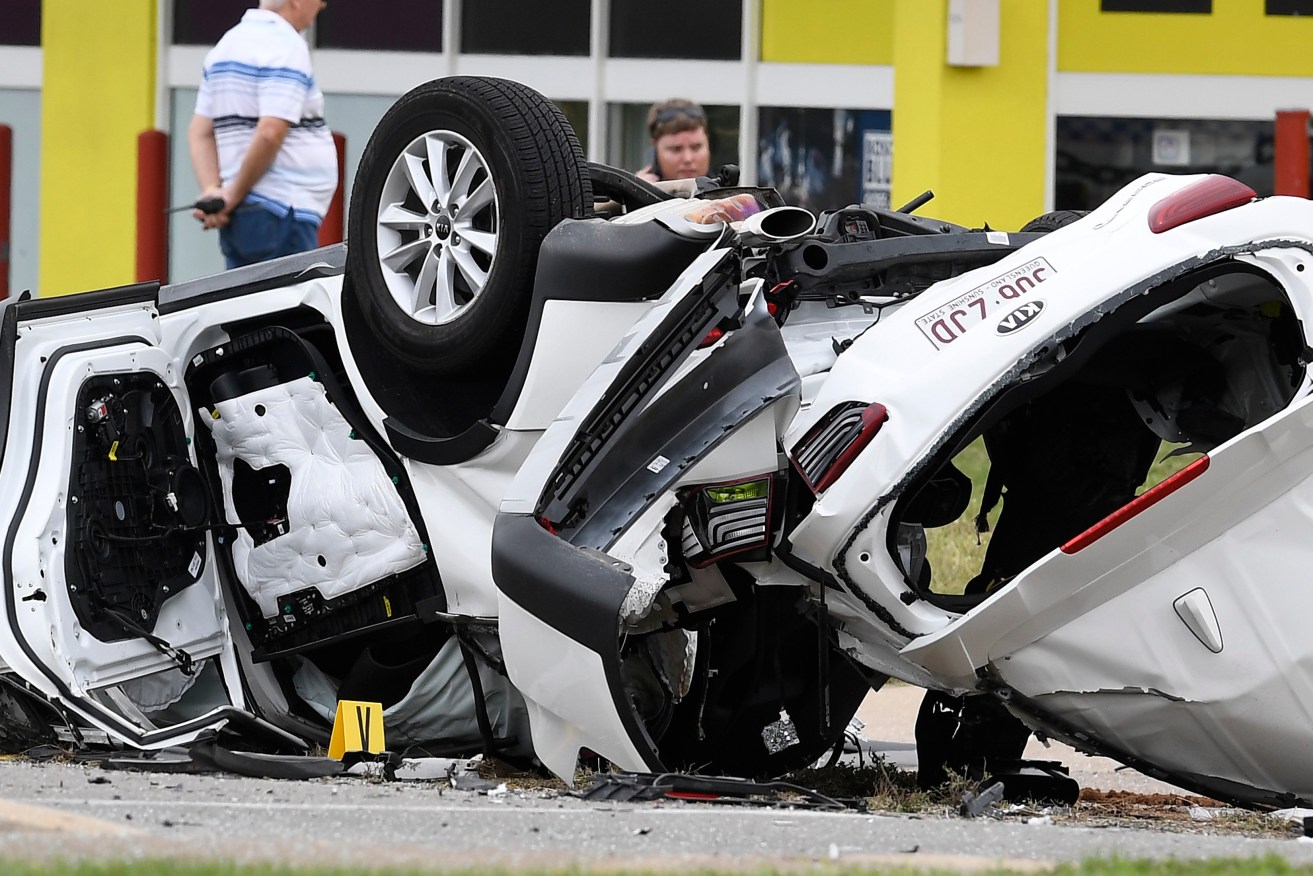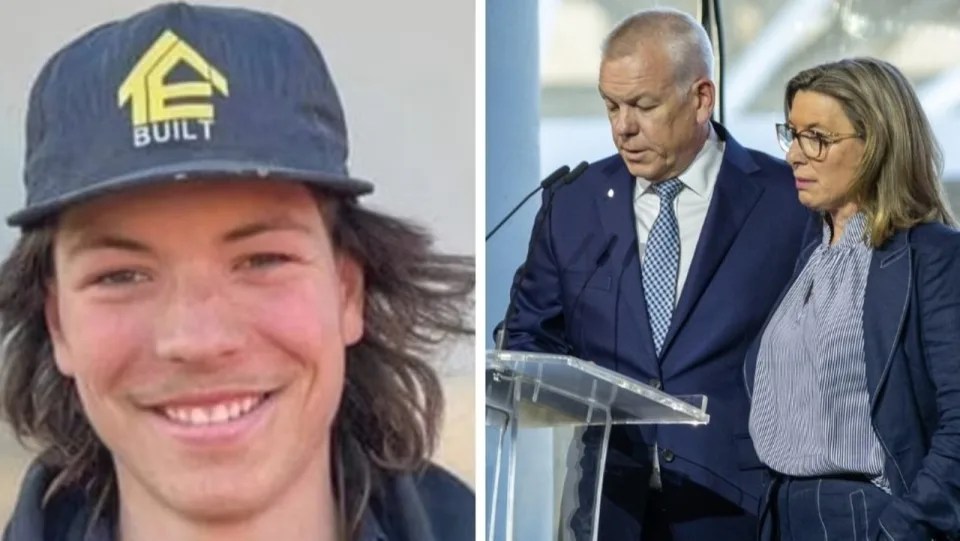Madonna King: The devastatingly real toll of deaths on our roads


The road toll isn't just a number; it represents people's loved ones. Photo: Getty
Today across Australia, 100 people will be taken to hospital with injuries sustained in a road accident.
And this month – January 2024 – we’ll start the year with 100 Australians dying on our roads.
The problem with those figures, perhaps, and how we see them is that they are just figures. In fact, they are smaller figures than we recorded decades ago, when we’d climb into the family car, sans seatbelts, and head off for a Christmas holiday.
But is it time we stopped congratulating ourselves, and looked at what those figures mean?
This month, a police officer will visit 100 families, some in the dead of night, to break the news that their 12-year-old or 17-year-old or 37-year-old will never return home.
They will be told that their life ended on a highway or a back road or wrapped around a tree on a bend that had proved dangerous for years.
For those of us lucky enough not to hear that knock, that heartache is incomprehensible. But most of us know someone who continues to suffer because the grief that a road death spreads doesn’t stop at the family home.
It swallows family members and cousins, neighbours and school communities, sports teams and communities.
Each of those roadside memorials, an amateur cross with flowers at its base, tells a single story of a community still mourning someone who should be with us in 2024.
And that’s the thing. Why are we celebrating a drop in road toll deaths, when 1253 people died in Australia last year; the deadliest 12 months on our roads in more than five years?
This is an epidemic that requires more than touch of political nonchalance.
If our politicians’ jobs depended it on, we would halve that number. We’d find a way, like the targeted marketing we’ve adopted has reduced breast cancer deaths and vaccines have limited the COVID-19 toll.
Our politicians would take the advice of organisations like the Australian Automobile Association, which has been lobbying governments to be more transparent, and release data related to road deaths.
Information is power, surely, and that knowledge would be invaluable in determining what resources are given to what areas – whether it is arbitrated speed controls on vehicles sold in Australia, a change to the learner driver system, or a greater use of random drug and breath tests – where they are most needed.
And what about the size of the cars now allowed on our roads? Do we need monster trucks with bull bars filling our suburban city streets?
Or should that bring with it a levy, as a deterrent?
What about those new technologies adopted in Europe and available in some cars that provide alerts for distracted or drowsy drivers and that limit speed?

Charlie Stevens’ parents used his funeral to reveal his touching final act, becoming an organ donor.
It should mystify all of us when parents crow that their child has saved enough money to buy their first piece of junk to drive.
Shouldn’t we be encouraging them to save more, or to focus on a vehicle that might save their lives, not boost their bank balance?
Ironically, part of the problem here is that the road toll has gone down from the highs recorded decades ago. But that doesn’t mean we shouldn’t stop that knock on the door for 100 families this month and next month and the month after.
When Charlie Stevens, the son of South Australia’s police commissioner Grant Stevens, became the 101st death on South Australia roads in 2023, we shared his parents’ grief.
Police officers at first sobbed, announcing Charlie had sustained irreversible brain injury.
Later the mother of the alleged driver told of her heartache the pain and suffering the Stevens family was experiencing.
And then Charlie’s parents put a human face on that 101st death – that of their son – by writing a letter focusing on the importance of organ donations.
Parents, especially those with junior drivers in the family, talked about it. I cried, at reports of Charlie’s funeral without ever knowing him or his family.
And then it seems, that month passes, and our foot is back on the pedal, and we’re into the next month.
What might it take to stop this climbing road toll? Could it be the New Year’s resolution that unites the nation?
For the sake of our children and our siblings and our parents, it’s got my vote.








